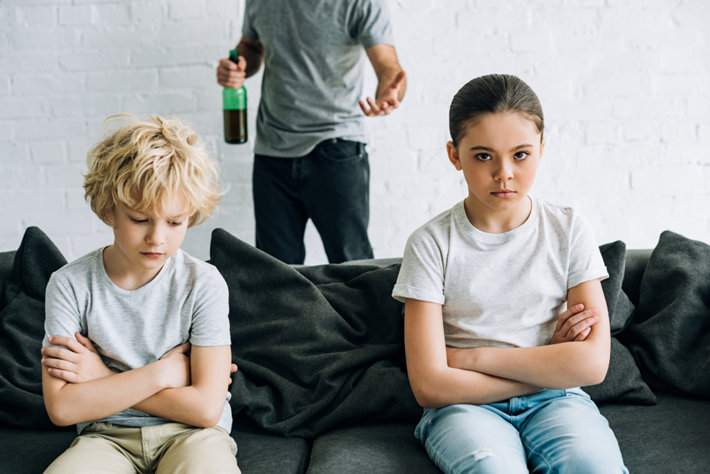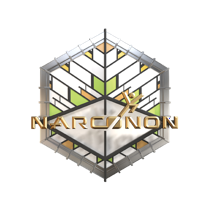Should Parents with Addictions Be Allowed to Keep Their Kids?

One of the seemingly unsolvable problems, a paradox of sorts, is whether or not people who struggle with drug and alcohol addiction should be allowed to maintain custody of their kids. It becomes a moral question and a hotly debated one. Some people believe that a drug-addicted parent should not have custody of their kids. Others believe that keeping the family unit together is more critical, more conducive to the addict getting better in the long run.
A recent article in the Chicago Tribune provided coverage on cases out of Chicago, Illinois. The article covered the life of a few addicts, including Fred Nelson, a 54-year-old man who grew up with addiction and abuse within his home. Now he struggles with addiction too.
Insight into the Story
The article follows Fred Nelson through his childhood, where he grew up with an alcoholic mom and her boyfriend. Both would drink, the boyfriend would get violent, and young Fred would have front row seats to it all.
The article also gets insight from Katie Haupt, now an adult, who grew up with an alcoholic father. In the article, she talks about growing up thinking that it was normal for adults to get drunk and angry, loud, belligerent, unpleasant.
When kids are growing up thinking it is normal for Mom and Dad to drink heavily, that right there hits the nail on the head as to why alcohol and drug use within the household is so harmful for young people. In the cases with Fred and Katie both, had their parents gotten help at qualified addiction treatment centers, their kids would not have been so heavily impacted by their parents’ addictions.
Dr. John Bachman also commented on the issue of kids growing up with addicted parents, saying that “With kids growing up in families where one or more members are struggling with addiction, the issue is the inattention to the child’s needs that the drug-addicted parent demonstrates.”
But the solution is not to punish the parents. The solution is to get the parents help through rehab.
A Problem of Circumstance
The problem is a difficult one because, on the one hand, we don’t want to revoke an addict’s rights, but at the same time we have to think with the health of the child or children. Ideally, the addicted parent(s) would enlist the help of one of their family members to provide childcare for their child or children while the parent(s) went off to treatment.
“If you’ve got a mom with no support network and a long history of drug abuse, the safety of that child looks a lot different than someone with a house full of family members who can be supportive. There is not a hard-and-fast rule at all.”
But such is not always possible, and that is what often makes this issue a problem of circumstance in addition to it being a behavioral health problem. In the words of Jassen Strokosch of the Illinois Department of Children and Family Services, “If you’ve got a mom with no support network and a long history of drug abuse, the safety of that child looks a lot different than someone with a house full of family members who can be supportive. There is not a hard-and-fast rule at all.”
Jassen Strokosch is referring to the fact that addicted parents, particularly addicted moms, often have no supportive or helpful family members or loved ones who can take on childcare duties while Mom enters treatment. This creates a lose-lose scenario, where Mom cannot get help for her drug problem because she cannot find childcare, but she must get help for her drug problem or she will lose her kids.
Strokosch goes on to say that, “The things that are really important for us is how long has the addiction problem been going on, … do (the parents) have a support network … and is the birth parent willing to seek treatment? That bodes much better for the long-term outcome.”
Strokosch discusses the need to address this problem on a case-by-case basis, and the need to avoid blanket rulings which attempt to create a one-size-fits-all approach to the issue of a child’s welfare under the care of addicted parents. Instead, each case needs to be evaluated one situation to the next, particularly in regards to the parents’ willingness to seek help for their drug problems and the availability of treatment.
Looking for Solutions

Looking forward, how could we create solutions which would be beneficial to the parents and their kids? Ideally, addicted parents would find their way into drug and alcohol rehab programs before they lost custody of their kids. Ideally, programs would exist which would encourage parents to get help before their kids’ lives were even at risk. It is of the utmost importance that addicted parents get help through rehab so they can be the wonderful parents that they have the potential to be.
A platform to add would be that before parental rights are terminated, addiction treatment would be offered to the parents. Parents have to have a chance to get better before they lose their kids. Furthermore, parents need more options, more resources in treatment.
Some people believe that parents should lose their rights to their kids the moment they start misusing drugs and alcohol. It’s easy enough to understand the sentiment behind that feeling, a desire to protect the children from potential harm. At the same time, however, we have to consider the importance of getting Mom and Dad better, and of keeping the family unit together. The family unit has historically been the most durable, adhesive, and most infallible cement there is in holding the sobriety of family members together. We have to recognize and respect that.
Sources:
- https://www.chicagotribune.com/lifestyles/ct-life-children-addicted-parents-0430-story.html
- https://www.chicagotribune.com/news/ct-met-aj-freund-drugs-child-welfare-20190425-story.html
Reviewed by Claire Pinelli, LADC, CCS, ICAADC, MCAP, RAS


